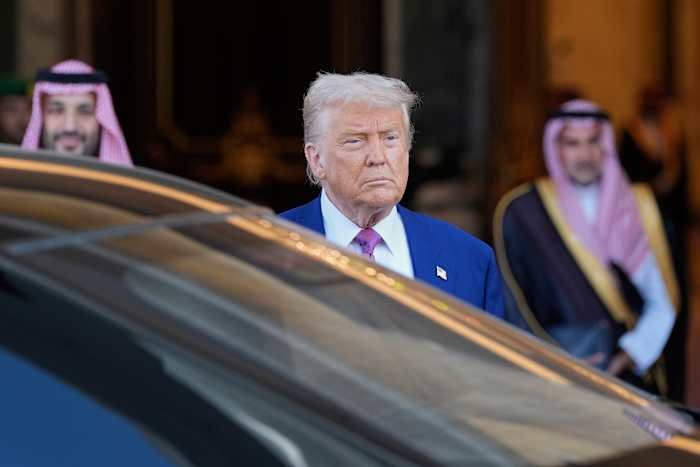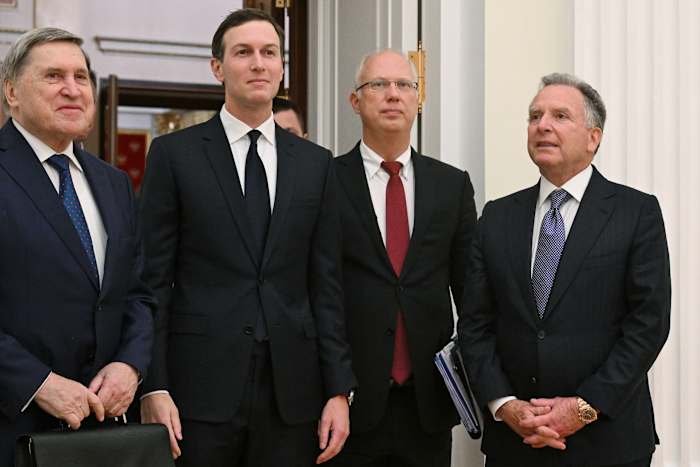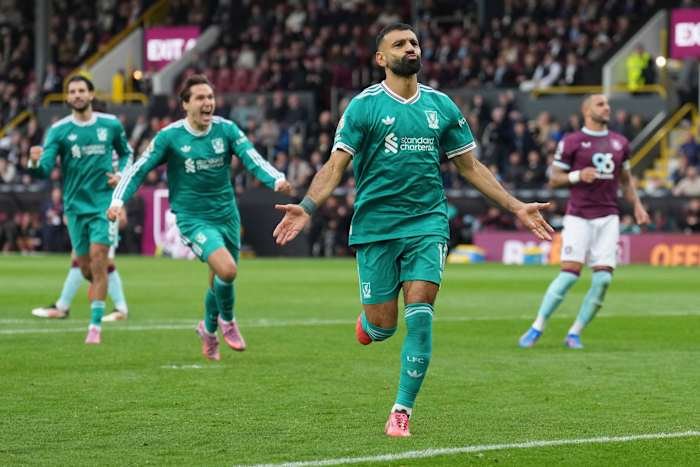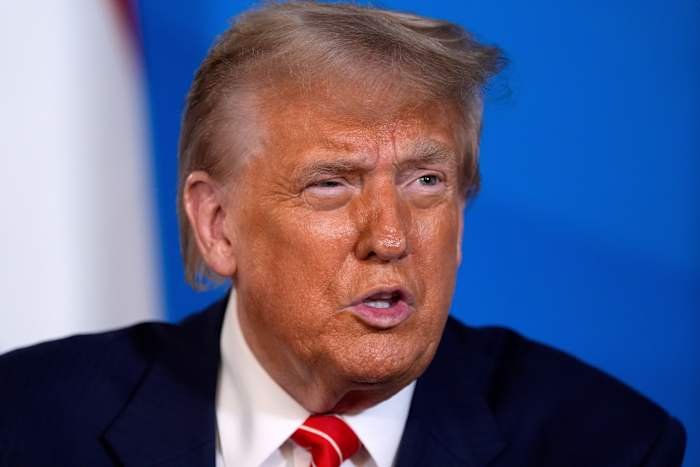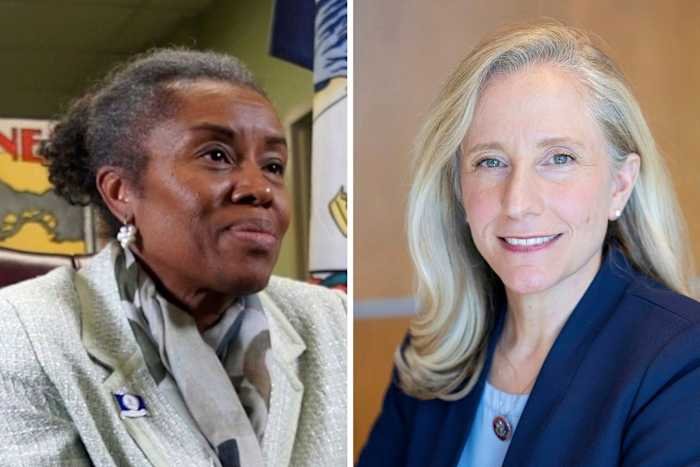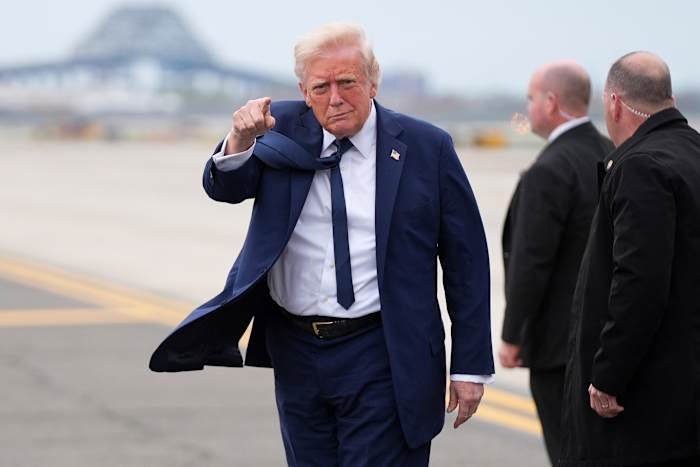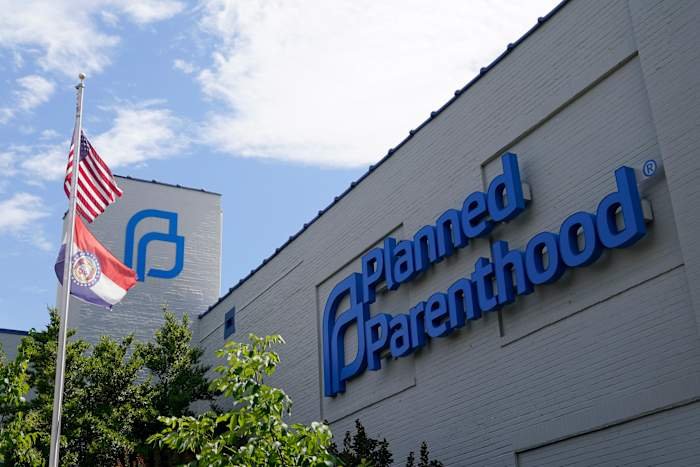President Donald Trump will soon sit down with Syrian President Ahmad al-Sharaa, marking a pivotal moment in U.S.-Middle East relations. Al-Sharaa, who rose to power after leading the historic overthrow of Bashar Assad last year, is now at the center of global diplomatic attention. As Trump weighs the possibility of easing U.S. sanctions on Syria, residents and businesses in Orlando are watching closely—these decisions could have ripple effects all the way from Damascus to Central Florida.
Background: Syria’s Dramatic Political Shift
The world was riveted last year when Ahmad al-Sharaa, once an opposition figure, spearheaded the popular movement that ended Bashar Assad’s decades-long rule. Al-Sharaa’s ascension marked a new era for Syria, promising hope for peace and reconstruction after years of civil war and humanitarian crisis.
For the U.S., al-Sharaa’s approach has opened the door for fresh diplomatic engagement. President Trump’s decision to meet with al-Sharaa signals a willingness to reconsider America’s hardline stance—particularly the economic sanctions that have crippled Syria’s economy but aimed to pressure Assad’s regime. This meeting could redefine the trajectory of U.S.-Syrian relations, with potential implications for global security and the Syrian diaspora, including those here in Orlando.
What’s at Stake: U.S. Sanctions and Their Effects
U.S. sanctions on Syria have been in place for years, targeting sectors from banking to oil. While they were intended to isolate Assad and weaken his grip on power, the sanctions have had widespread humanitarian consequences. Syrian families, businesses, and aid organizations have all been impacted, both in Syria and abroad.
For Orlando, home to a small but vibrant Syrian-American community, these sanctions have often meant difficulty sending money to relatives, importing goods, or even supporting humanitarian projects in Syria. An easing of sanctions could make a real difference for local families with loved ones still in the region, as well as for Orlando-based nonprofits working to deliver aid to Syrians in need.
Orlando’s Syrian Community: Hopes and Concerns
Orlando’s multicultural fabric includes hundreds of Syrian immigrants and their descendants, many of whom fled violence or persecution under the Assad regime. For these families, Trump’s meeting with al-Sharaa is more than just a headline—it represents hope for a more stable, prosperous Syria and the possibility of reconnecting with relatives in the homeland.
Local leaders have expressed cautious optimism. “We want peace, stability, and a chance to help rebuild Syria,” said one Orlando community organizer. “But we also want to make sure human rights and democracy are respected in any new arrangement.” While some worry that easing sanctions might embolden bad actors or overlook ongoing abuses, others see it as a necessary step toward recovery and reconciliation.
Economic and Humanitarian Implications for Central Florida
Sanctions policy doesn’t just affect international affairs—it can influence the economy here at home. Orlando is a hub for global business, education, and tourism, and changes in U.S.-Syria relations could open up opportunities for local companies, universities, and nonprofits.
For instance, Central Florida’s universities host international students from the Middle East, and local organizations like the Red Crescent Society and various churches have spearheaded humanitarian relief efforts. Easing sanctions could simplify the process of sending medical supplies or funding reconstruction projects, strengthening Orlando’s role as a center for global outreach.
On the business side, relaxed restrictions could eventually pave the way for new trade partnerships or investment opportunities as Syria rebuilds. While these prospects are likely years away, Trump’s meeting with al-Sharaa is a critical first step.
What’s Next? Uncertainty and Opportunity
While the outcome of the Trump-al-Sharaa meeting remains uncertain, both sides are expected to discuss a framework for sanctions relief, humanitarian aid, and the future of U.S.-Syrian relations. For Orlando residents with ties to Syria, these talks are a source of both anxiety and hope.
Ultimately, any change in policy will require careful consideration of human rights, regional stability, and the voices of those most affected—both in Syria and in communities like Orlando. As this story unfolds, the eyes of the world will be on Washington and Damascus, but the impact will be felt in neighborhoods across Central Florida.
Conclusion: Join the Conversation
The upcoming meeting between President Trump and Syria’s Ahmad al-Sharaa could mark a turning point for international diplomacy and for Orlando’s own Syrian and Middle Eastern communities. What do you think? Should the U.S. ease sanctions on Syria under al-Sharaa’s leadership, or maintain a tough stance? Share your thoughts, experiences, and hopes for the future in the comments below—we want to hear from our Orlando readers!

